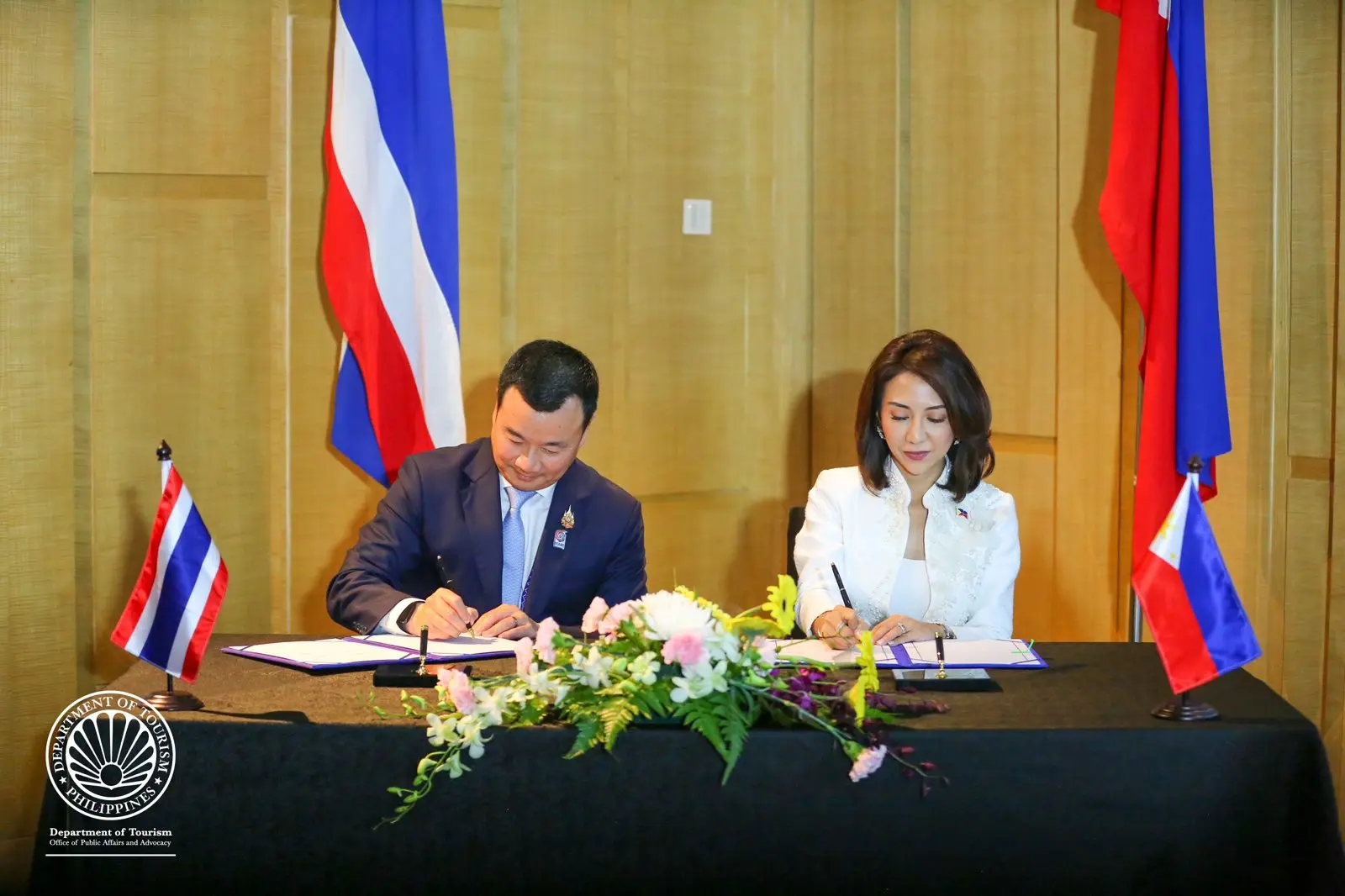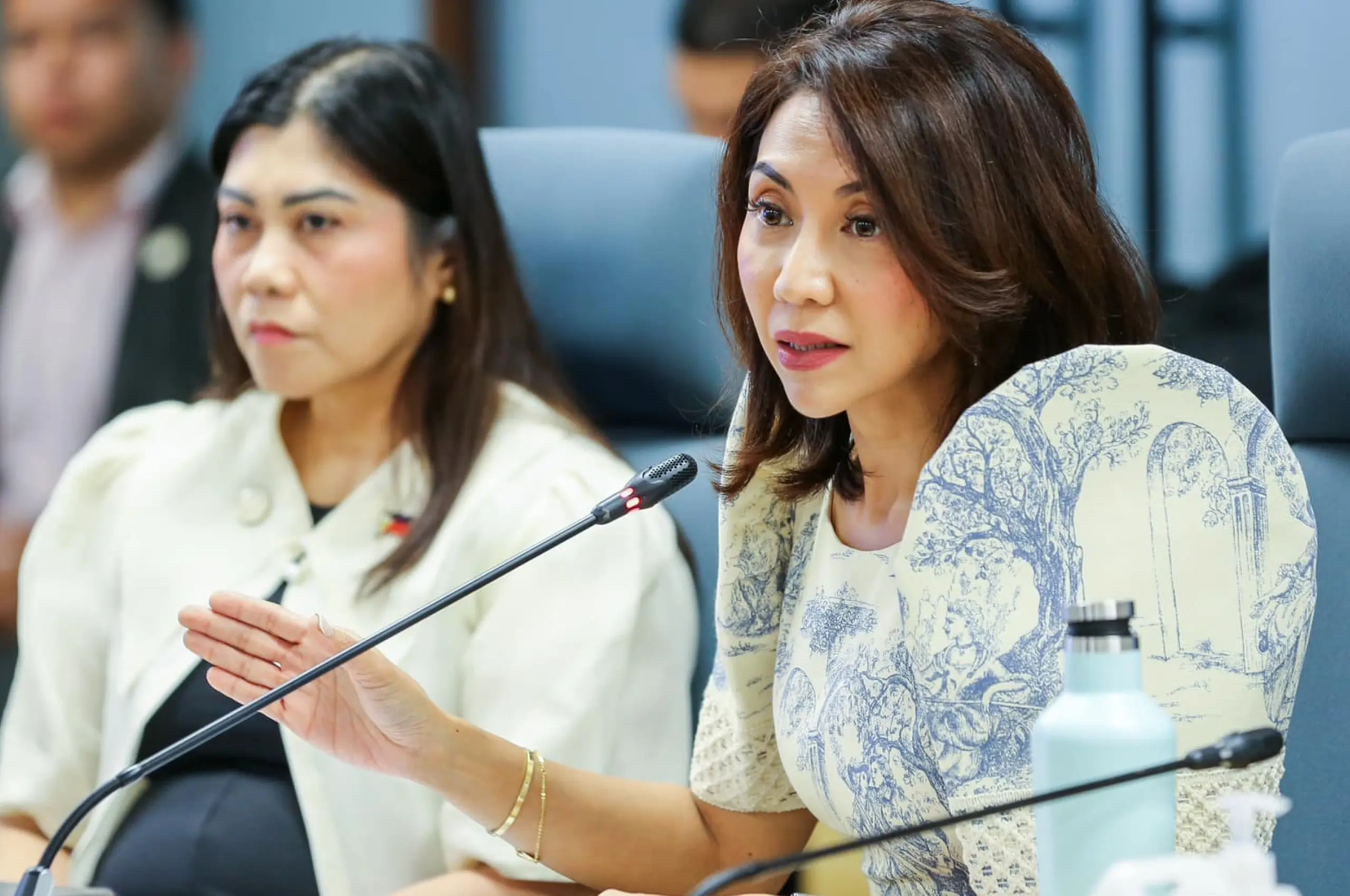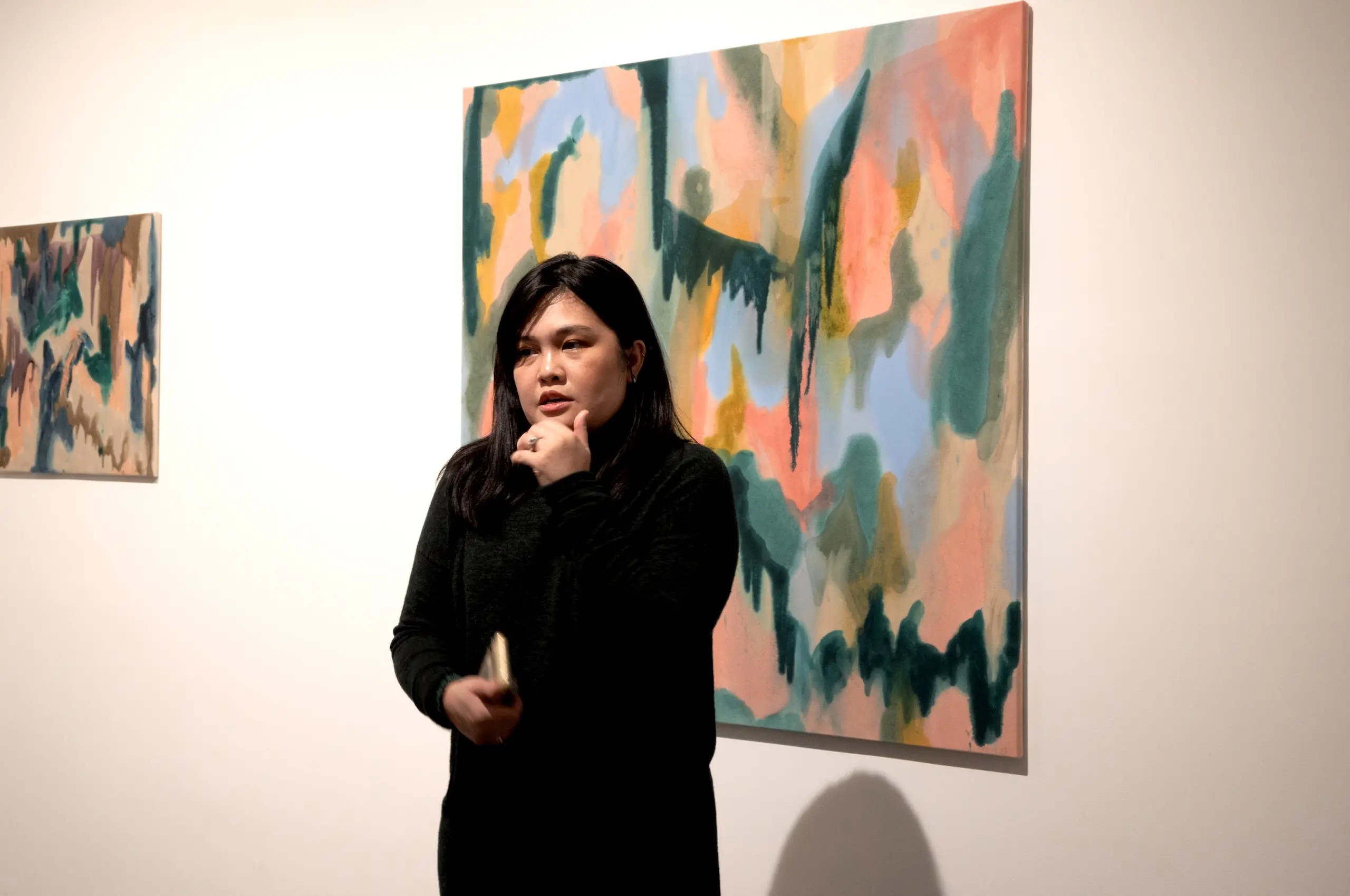The Philippines and the rest of the Association of Southeast Asian Nations (ASEAN) are not ready to pursue a unified visa system, due to differing immigration processes and regulations and ongoing conflicts among the member states.
The unified visa system was earlier proposed by former Thai Prime Minister Srettha Thavisin in April 2024, but the proposal was limited to the mainland ASEAN countries Cambodia, Laos, Malaysia, Myanmar, Thailand, and Vietnam.
At the Skift Asia Forum in Thailand on Thursday, May 15, Department of Tourism (DOT) Secretary Christina Garcia Frasco backed the proposed visa system, saying it aims to make Southeast Asian countries a single destination and streamline travel processes, thereby boosting tourism.
“The ASEAN tagline is ‘A Destination for Every Dream’ and the ASEAN visa certainly is part of that dream,” Frasco said, “to be able to unify the ASEAN as a destination in terms of the strength of its natural assets, its unparalleled warmth and hospitality as a people, and as a culture.”
The ASEAN visa’s main advantage is the convenience of travel. It would be similar to the Schengen visa in Europe and the Gulf Cooperation Council (GCC) visa in the Middle East, allowing tourists to travel between select states using one visa and without much hassle.
But before the tourists get excited about hopping from Palawan to Pattaya, ASEAN’s member states have a lot to iron out.
The countries would have to negotiate travel restrictions for different nationalities. For example, while Chinese nationals can travel to Thailand visa-free, their entry into the Philippines requires a Philippine visa. Visa application and immigration processes also have to be streamlined across all 10 ASEAN states, which means that their technology and immigration processing infrastructure must be on par, according to immigration law firm Fragomen.
After Thavisin’s proposal, Malaysian Minister of Home Affairs Saifuddin Nasution Ismail said in April 2024 that Malaysia needed more time to review his proposal, citing concerns about national security. Some of these concerns may include the ongoing civil unrest in Myanmar and territorial disputes in the South China Sea, which involve Brunei, the Philippines, Malaysia, Indonesia, and Vietnam.

Nonetheless, Frasco remains hopeful that ASEAN can come to an agreement in the future.
She said, “I am glad to hear similar interest from our fellow ASEAN nations, and we are very hopeful that the subject matter will again come up as the Philippines hosts the ASEAN [Summit] in 2026.”
She cited the Philippines’ ongoing partnership with Thailand, “Two Countries, One Destination.” The campaign seeks to facilitate exchange in best practices and promote one country as a second destination for tourists visiting another. Frasco and Thailand Minister of Tourism and Sports Sorawong Thienthong signed the five-year agreement in January 2025.
The ASEAN member states are Brunei Darussalam, Cambodia, Indonesia, Lao PDR, Malaysia, Myanmar, Philippines, Singapore, Thailand, and Vietnam.







